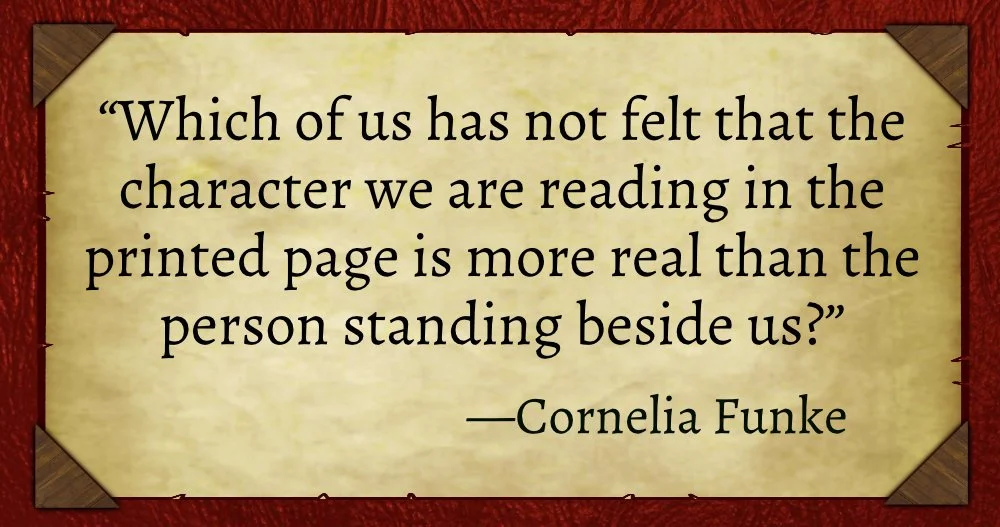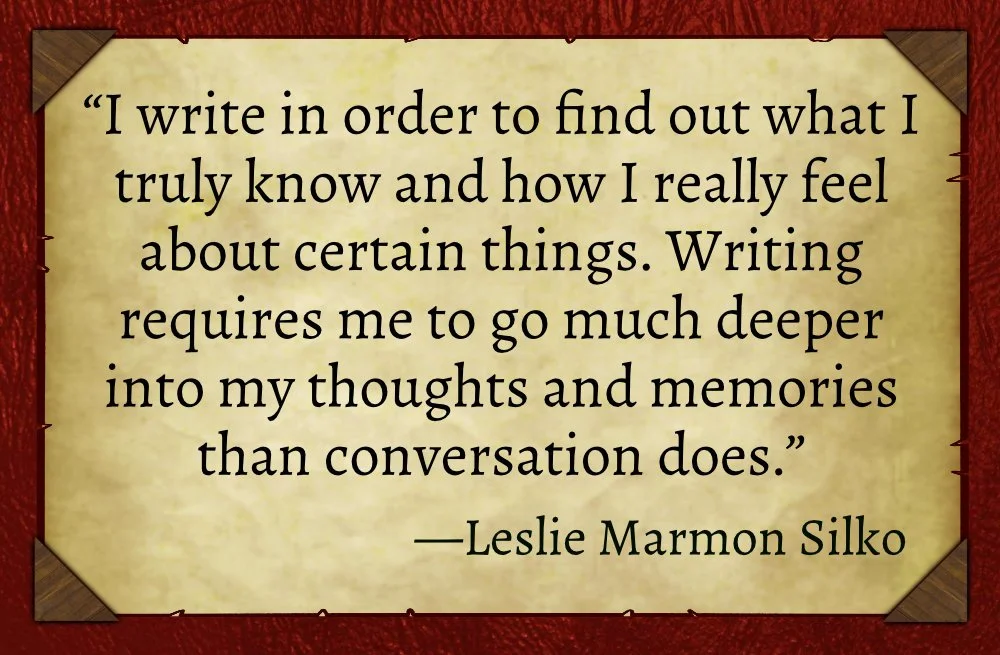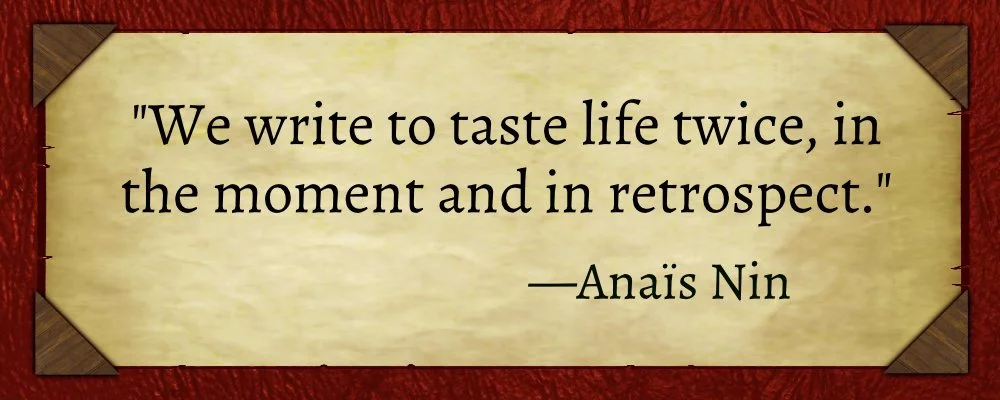Why You Should Love Play-by-Post
Expected read time: 9 minutes
Dungeons & Dragons has been around for nearly 50 years, and in that entire time the single hardest thing about it has been scheduling a time for everyone to get together and play. Sure, there are stories of kids playing every day after school a la Stranger Things, or college students carving out time to roll dice, but things get considerably more difficult once you have a job—or worse, children! Nothing quite kills your D&D time like needing to find (and pay) a babysitter every evening you want to play. (Though I’ll also add that there are few things as sweet as playing games with your children)
Distance has been another factor. There are countless players whose experience was wanting to play, but not knowing anyone else who did. For all they knew, they were the only people in the entire town or city looking for a game to join. Or maybe a group of friends accustomed to playing together would be broken up by someone moving away, for whatever reason. Most people are only willing to drive so long to and from a location to play a game that already might last hours late into the night. All too often, travel just isn’t feasible.
But where challenges abound, people learn to adapt. There’s a solution to these problems of time and distance, one discovered and enjoyed by people all around the world. You might find you like it too!
It’s called play-by-post.
What is Play-by-Post?
Play-by-post (PbP) campaigns are games where all participants interact via text instead of meeting in real time. This is usually done through a forum or instant-messaging service. It provides great flexibility, allowing those who can’t set aside large blocks of time on a regular basis to still have a way to play Dungeons & Dragons or their roleplaying game of choice. Play-by-post also allows the DM and players to take their time considering choices, writing exciting descriptions, and planning their next post.
These are some reasons why you might love play-by-post gaming. You can…
Kiss scheduling good-bye
Scratch that roleplaying itch every day
Act at your leisure
Achieve satisfying immersion
Enjoy cinematic slow motion
Keep records of play
Get the best of both worlds
Kiss Scheduling Good-bye
I have a brother who loves playing tabletop roleplaying games, but due to his work schedule he has all sorts of inconvenient hours. His expected shifts change weekly, giving him little say as to which evenings he might have free. What’s more, he’s got a large family at home to take care of. Sweet kids, they love spending time with their dad. But it makes it hard to set time aside for himself.
Fortunately for him, he does have minutes throughout the day that he can hop onto his phone, log into the forum, catch up on the game, and post his character’s turn. Participating in a normal game session is fairly impossible for him, but thanks to PbP he can continue to enjoy his hobby and stay connected to gamer friends and family.
If you don’t have a schedule conducive to setting aside 2+ hour blocks of D&D at a time, but still have that roleplaying itch, play-by-post might be worth a try!
Scratch That Roleplay Itch Every Day
If you’ve ever found yourself craving your next game of Dungeons & Dragons, you’ve had an experience shared by many in the roleplaying hobby! That next session can feel weeks or months away—and sometimes it literally is! Some people pass the time and scratch that itch by making dozens of new characters, though sadly few of them usually ever end up seeing play.
What if instead you could access and engage with your D&D game at any given minute?
Usually all it takes is to press one button on your smartphone, and then suddenly you’ve got the latest happenings right at your fingertips. Usually you can at least strike up a conversation with another player’s character, even if there is nothing else to act on at that particular moment. Some players sign up for multiple play-by-post games at a time in order to always have an abundance of things to do!
Summer and I have had many dates and snuggle sessions where we just relax together on our phones or computers and write up the things our characters do in whatever PbP game we happen to be involved in. We often chat about how great it is that we get to play D&D together every day, thanks to play-by-post.
If you find yourself thinking about D&D more often than playing, you might find some relief through play-by-post!
Act at Your Leisure
Have you ever been playing D&D when suddenly it’s your turn, you aren’t sure what to do, and everybody’s waiting for you to act? While it can certainly be exhilarating at times, it can also be discomforting if you don’t like being put on the spot. Playing spellcasters like clerics or wizards with their broad options for spells can be especially challenging.
In play-by-post games you don’t have to respond within seconds of your turn beginning. You can read at your leisure, reviewing the events leading up to your turn, and decide how you want to act. You have time to get into your character’s head and figure out what it is that they would do in that situation, instead of always feeling like you’re firing from the hip. If it’s a particularly tense and risky battle, you can also take your time to consider optimal tactics you might employ.
I especially enjoy running play-by-post games because it gives me time to think before I respond as the Dungeon Master. Players often do the most unexpected things, and reacting to their escapades can be challenging. Personally, I find that my initial gut reaction in these cases usually isn’t that great. I’ve learned that if I have just a little bit more time to think things through, I can come up with something much more fun and engaging than my original idea.
If you sometimes wish you had a little bit more time to decide what to do with your turn, you might like play-by-post!
Achieve Satisfying Immersion
I touched on this a little bit earlier, but play-by-post can help players to get into their characters’ heads. Granted, roleplaying a conversation at the table or over zoom, indulging in voices and accents, is great fun for many players. The amazing Critical Role crew is made up of talented voice actors who absolutely enjoy performing together as they play. However, it’s fair to say that not everyone who wants to play Dungeons & Dragons has that talent or that inclination.
There are actors, and there are writers.
Speaking as a Dungeon Master, I find that play-by-post is my preferred way to run games that focus on roleplay, character development, and relationships between characters. This isn’t to say that combat falls to the side, as I thoroughly enjoy intense fights and tactical puzzles—and those are completely doable in play-by-post—but I feel like I can carefully tailor each post to highlight emotions, questions, and drama.
If you’re the kind of player who writes pages of backstory for your characters, you’ll love play-by-post. I can say the same if you’ve ever lost yourself in a good book. Reading about the game world and the events taking place within it can draw you in just as well as any novel. Writing out your character’s thoughts, words, and actions can help to make them feel real to you. And when your carefully laid-out descriptions interact with and are responded to by the game world and other characters, it truly does feel immersive and satisfying.
Enjoy Cinematic Slow Motion
If you’ve heard of play-by-post before, you’ve probably heard that it can be slow. What you can accomplish in a single session of live play can take weeks or months to complete in PbP, depending on how efficient your group is. It certainly doesn’t sound fun to play in a game that’s just a slow drag. However, there are some real benefits to taking your time and living in the moment.
Have you ever looked through a microscope, telescope, or even just a magnifying glass? Try to remember. You usually focus on just one small point at a time, but the details can be breathtaking. Now look up and take a quick glance at the environment around you. In my case, I see furniture, plants, a wooden clock, framed pictures, and some minor decorations. That’s a lot of things, all considered. But did I see the detailed grain wooden clock? The swirls of deep brown on its polished body? The artistic curls and shapes surrounding its face? How shiny the metal pendulum is? Probably not.
As another example, think of the last action/adventure movie you watched in which time slowed down during an exciting scene. I always think of Tobey Maguire’s Spiderman dodging a punch in his school hallway, or T’Challa leaping off of an exploding car. Play-by-post can feel the same way. Sure, it takes longer than live play, but while you’re zoomed in from moment to moment you can enjoy and live in the details. It’s like stopping to take a breath of fresh air and enjoying the feel of it. It goes back to that immersion idea.
If you feel like you want more control over the narrative ‘movie screen’ and you’re not quite getting it in your live game, I highly recommend you give play-by-post a try.
Future Article: 6 Ways to Speed Up Your Play-by-Post Game
Keep Records of Play
As a lover of roleplaying games, I’m sure I’m not speaking only for myself when I say that we love recounting the exciting happenings of whatever games we’re a part of. “So this one time…” is a phrase we love to say (though, strangely enough, we seem to enjoy hearing it less), and reminiscing about adventures past lets us relive the fun of those moments.
In most play-by-post games, everything is recorded; the DM’s narrations, the characters’ words, even the die rolls, etc. It’s a simple matter to go back and look over the history of your game and find those parts that once spoke to you, whether they were joyful, sad, funny, or just cool. What’s more, if you’ve ever wanted to know how much damage your character dealt or took, how many critical hits they dished out, or how many enemies they’ve felled, it’s just a matter of reviewing the die rolls and jotting down some notes. If you keep track, it can be immensely fun every so often to share how many hundreds or thousands of points of damage the characters have taken over the course of the campaign.
I ran a play-by-post D&D 5e campaign based on the old Icewind Dale computer game by Black Isle Studios. It lasted about two years, from character levels 3-17, made up of more than 8,000 forum posts. It’s my favorite, most satisfying campaign I’ve ever run, and I can go back anytime I want to reread the wonderful adventures that happened. It’ll never be lost to memory. And if I want to tell anyone about how it went, I can just send them a link to the posts I want them to read, which they can do whenever they feel like it.
Linking back to old game posts is actually one of the key benefits of play-by-post. Flashbacks are so incredibly effective when you can go back and see exactly what happened, and copying bits of description or dialogue into the current context can really make an emotional impact. I once had one character propose to my wife’s character, and we both included snippets of conversations our characters had shared during their time together. It really helped to tie that narrative arc together and give it greater meaning.
If you’ve ever wished you could remember exactly what a character said, or wanted to relive the joy of adventures past, play-by-post might be what you’re looking for!
Get the Best of Both Worlds
Does any of this play-by-post stuff sound appealing, but you’re reluctant to give up your live game? There’s an easy way to try out aspects of it that will enhance your current campaign. Just set up a Discord server (or a thread, if you already have a server for your game) where the players can write messages to each other in-character between sessions.
I’m currently in a live D&D 5e game that Summer’s running called Sunder. Since she has such a busy work schedule we only play every other week, so all of the players are eager to engage with the game between sessions. Whenever there’s a break in the game for the characters, such as while resting or traveling or during downtime, we make a note of it for later. After the session, we pick some of those breaks and post conversations characters had at those times. With the excitement of live play and the depth of play-by-post, we’re convinced we get the best of both worlds!
I’ve also tried running a campaign the other way around. Last year I ran a D&D 4e Eberron campaign that was entirely play-by-post until combat would start. At that point we would decide on an evening to meet up on Roll20, roll initiative, and battle things out. Afterwards, we’d go back to play-by-post. It was a lot of fun to mix the immersion of play-by-post with the tactical play of 4e combat.
Wrapping it Up
Hopefully this article has given you some idea of what it’s like to participate in a play-by-post roleplaying game. I would be failing to serve you, however, if I didn’t include mention of some places you can go to try it out for yourself. I hope to one day dedicate an article to these hubs of literary escapades, depicting the merits and advantages of each, but at this time I think a by-no-means-exhaustive list will suffice. Today I’ll list some places with which I’ve had personal experience.
Gamers’ Plane is a forum specialized for play-by-post. It’s got a wonderful community of players. This is where I started, and it’s where I ran my Icewind Dale campaign, for which I’m very fond of the site. It boasts a large number of systems beyond just D&D, which is great.
D&D Beyond has a forum dedicated to play-by-post. In addition to being an incredible resource for digital character sheets, it can integrate links into the posts referring to the rest of the vast website in a really unique way. It can even access and refer to your character sheet.
https://www.dndbeyond.com/forums/d-d-beyond-general/play-by-post
Discord has some unique tools for play-by-post. Through the Avrae bot it has access to D&D Beyond’s resources, allowing you to make die rolls that automatically add the bonuses of your chosen character on D&D Beyond. It’s very cool.
Role Gate is available on Apple’s App Store. It’s got some really neat features that distinguish between story and out-of-character posts, letting you sift through one or the other or both. It also has emotes when you post dialogue, such as ‘angry’ or ‘sad’. It’s much more conducive to faster play with short messages than to more long-winded narrative essays.
Thank you for reading! If you’d like to hear more about play-by-post gaming, please let us know through the social media link of your choice at the bottom of the page, or join our Discord server!







